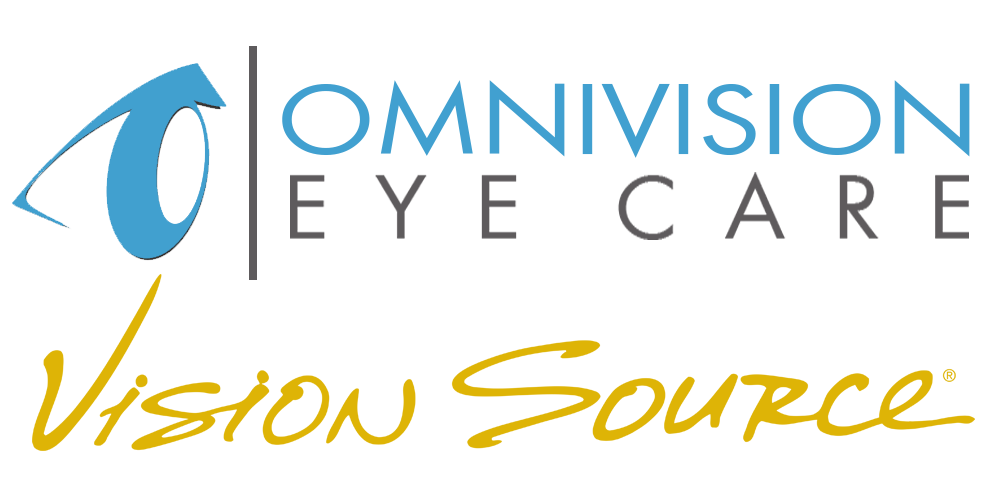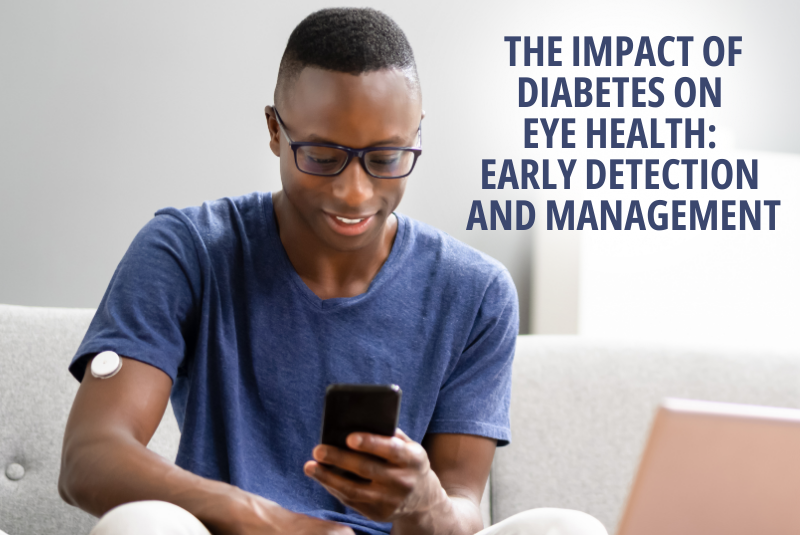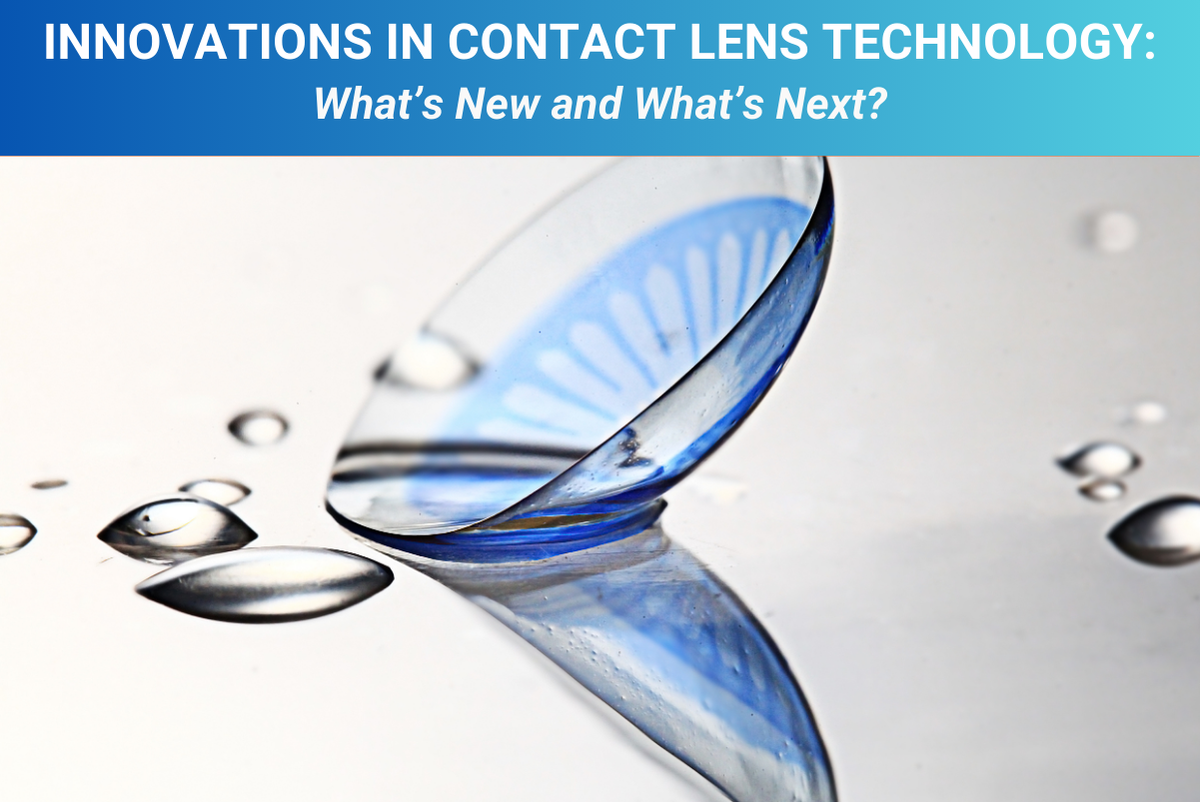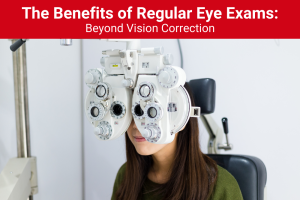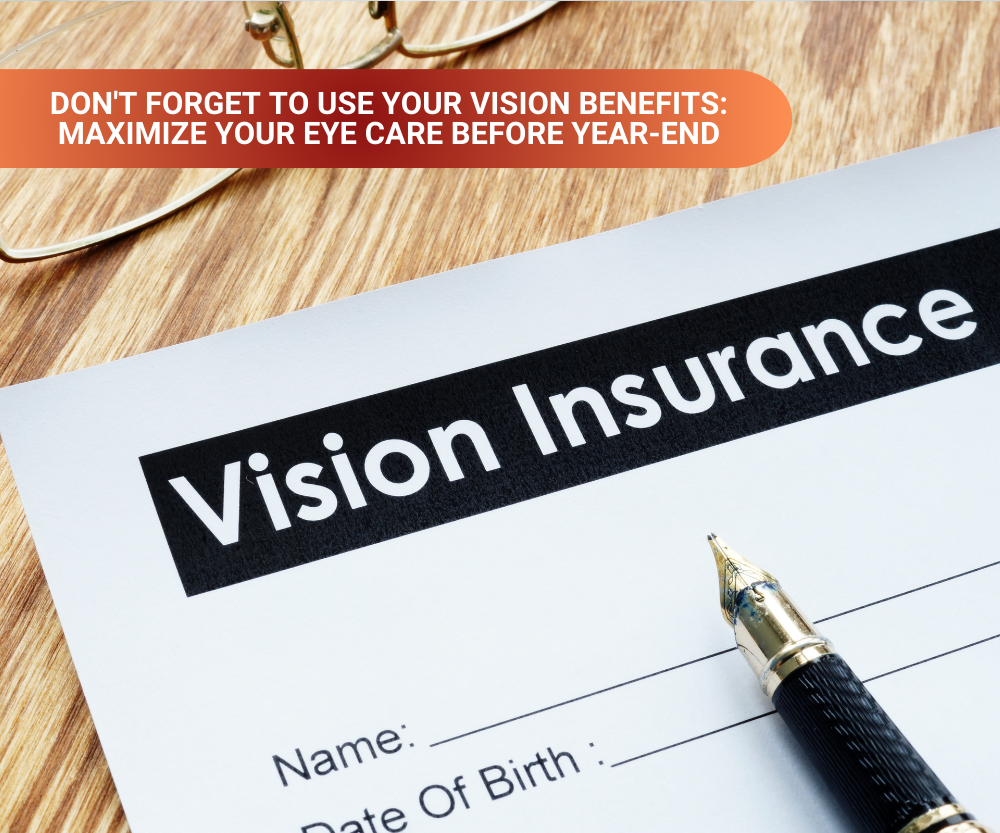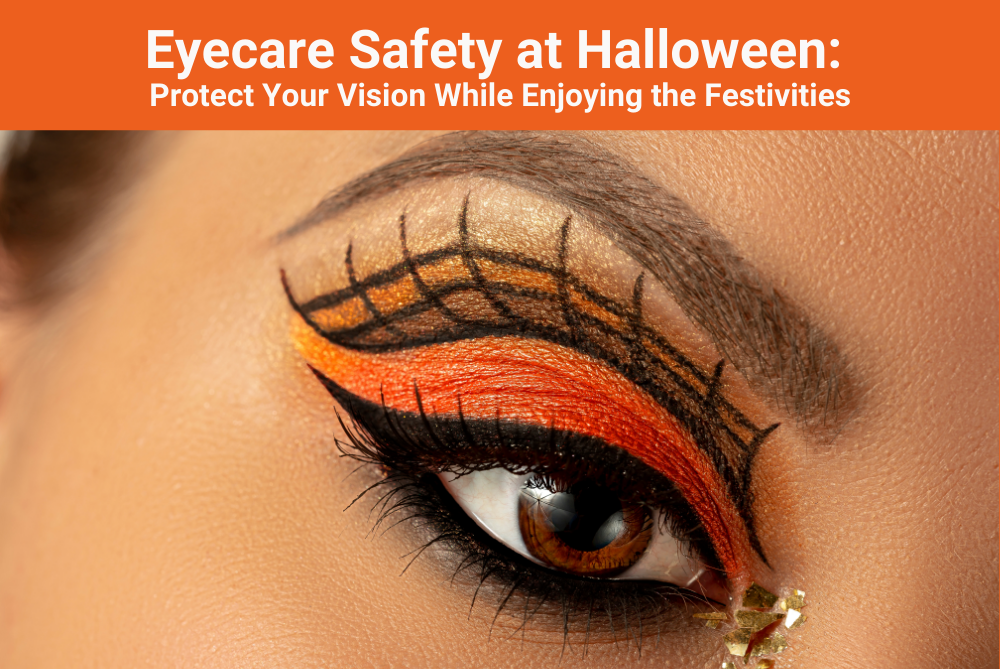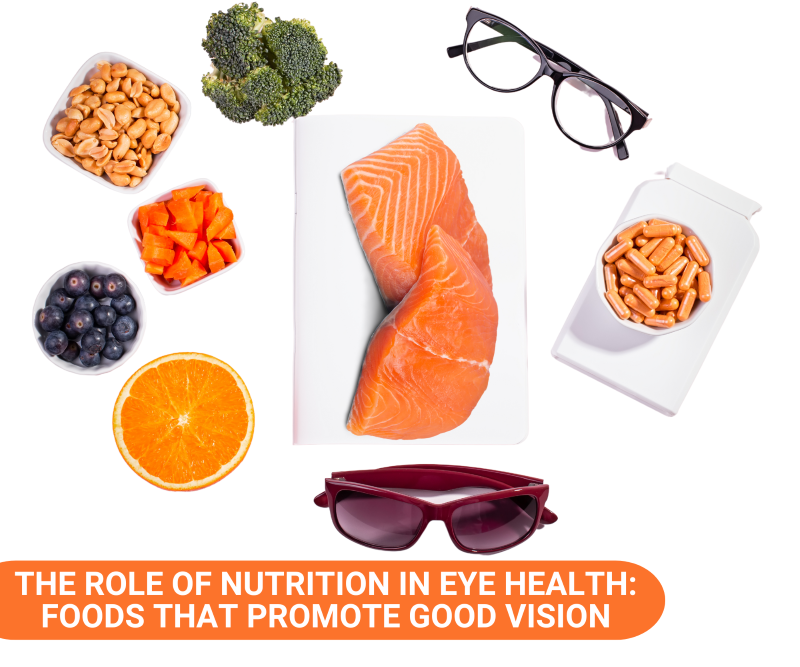How Diabetes Affects Eye Health
Diabetes can lead to several eye conditions, each with its own set of complications and risks. Understanding these conditions is crucial for early detection and effective management.
Diabetic Retinopathy
Diabetic retinopathy is the most common diabetic eye disease and a leading cause of blindness in adults. It occurs when high blood sugar levels cause damage to the blood vessels in the retina, the light-sensitive tissue at the back of the eye. These damaged blood vessels can swell, leak, or close off entirely, leading to vision problems.
Stages of Diabetic Retinopathy:
- Mild Nonproliferative Retinopathy: Small areas of balloon-like swelling in the retina’s blood vessels.
- Moderate Nonproliferative Retinopathy: Some blood vessels that nourish the retina are blocked.
- Severe Nonproliferative Retinopathy: More blood vessels are blocked, depriving several areas of the retina of blood supply, leading to the growth of new, abnormal blood vessels.
- Proliferative Diabetic Retinopathy: The advanced stage where new blood vessels grow on the surface of the retina, which can leak blood and cause severe vision loss.
Cataracts
Cataracts are a clouding of the eye’s lens and are common in older adults. However, people with diabetes are at a higher risk of developing cataracts at a younger age. Elevated blood sugar levels can cause changes in the lens’s structure, leading to cloudiness and impaired vision.
Glaucoma
Glaucoma is a group of eye conditions that damage the optic nerve, often due to abnormally high pressure in the eye. Diabetes nearly doubles the risk of developing glaucoma. The most common form, open-angle glaucoma, develops slowly and can lead to gradual vision loss if not detected and treated early.
Importance of Regular Eye Exams
For individuals with diabetes, regular eye exams are essential. These exams can detect early signs of diabetic eye disease, allowing for timely intervention and management. The American Diabetes Association recommends that adults with type 1 diabetes have a dilated and comprehensive eye exam within five years of diagnosis and those with type 2 diabetes have an exam shortly after diagnosis. Follow-up exams should be conducted annually or as recommended by an eye care professional.
1. Ensure Masks and Wigs Fit Properly
If your costume includes a mask or wig, make sure it fits properly and does not obstruct your vision. Poorly fitting masks can block your peripheral vision, making it harder to see potential hazards, while wigs that hang too close to your eyes can cause irritation. Always test your costume before going out to ensure you can see clearly.
2. Be Cautious with Props
If your costume includes props like fake swords, wands, or other objects, be mindful of how you handle them. Avoid swinging them around, especially near other people’s faces. Accidental pokes or hits can cause serious eye injuries. Children should be closely supervised when handling these types of props.
Managing Eye Health Alongside Diabetes
Effective management of both diabetes and eye health requires a comprehensive approach. Here are some tips to help manage eye health for individuals with diabetes:
- Control Blood Sugar Levels: Keeping blood sugar levels within the target range can significantly reduce the risk of diabetic eye diseases. Work closely with your healthcare team to monitor and manage your blood sugar levels.
- Monitor Blood Pressure and Cholesterol: High blood pressure and high cholesterol can exacerbate diabetic eye conditions. Regular check-ups and medications, if necessary, can help keep these levels in check.
- Maintain a Healthy Diet: A balanced diet rich in fruits, vegetables, whole grains, and lean proteins can support overall health and help manage diabetes. Foods high in antioxidants, such as leafy greens and colorful fruits, are particularly beneficial for eye health.
- Exercise Regularly: Physical activity helps improve blood circulation and can aid in controlling blood sugar levels. Aim for at least 30 minutes of moderate exercise most days of the week.
- Quit Smoking: Smoking increases the risk of diabetes-related complications, including eye diseases. Seek support to quit smoking if needed.
- Wear Sunglasses: Protect your eyes from harmful UV rays by wearing sunglasses with 100% UV protection when outdoors.
- Be Aware of Symptoms: Pay attention to any changes in your vision, such as blurriness, floaters, or difficulty seeing at night. Report any changes to your eye care professional immediately.
Q: How can I prevent eye infections from Halloween makeup?
A: To prevent eye infections, always use new or clean makeup, avoid sharing makeup with others, and remove makeup thoroughly before going to bed. Stick to hypoallergenic and ophthalmologist-approved makeup products to reduce the risk of irritation or infection.
Conclusion
Diabetes can have a profound impact on eye health, but with early detection and proper management, many of the associated eye conditions can be prevented or slowed. Regular eye exams and a proactive approach to diabetes management are key to preserving vision and maintaining overall eye health. By following these tips and working closely with your healthcare team, you can take control of your eye health and reduce the risk of diabetes-related eye complications.
At OmniVision Eye Care
we are dedicated to supporting your journey to better eye health and overall well-being. Schedule your comprehensive eye exam today and take the first step towards protecting your vision.
